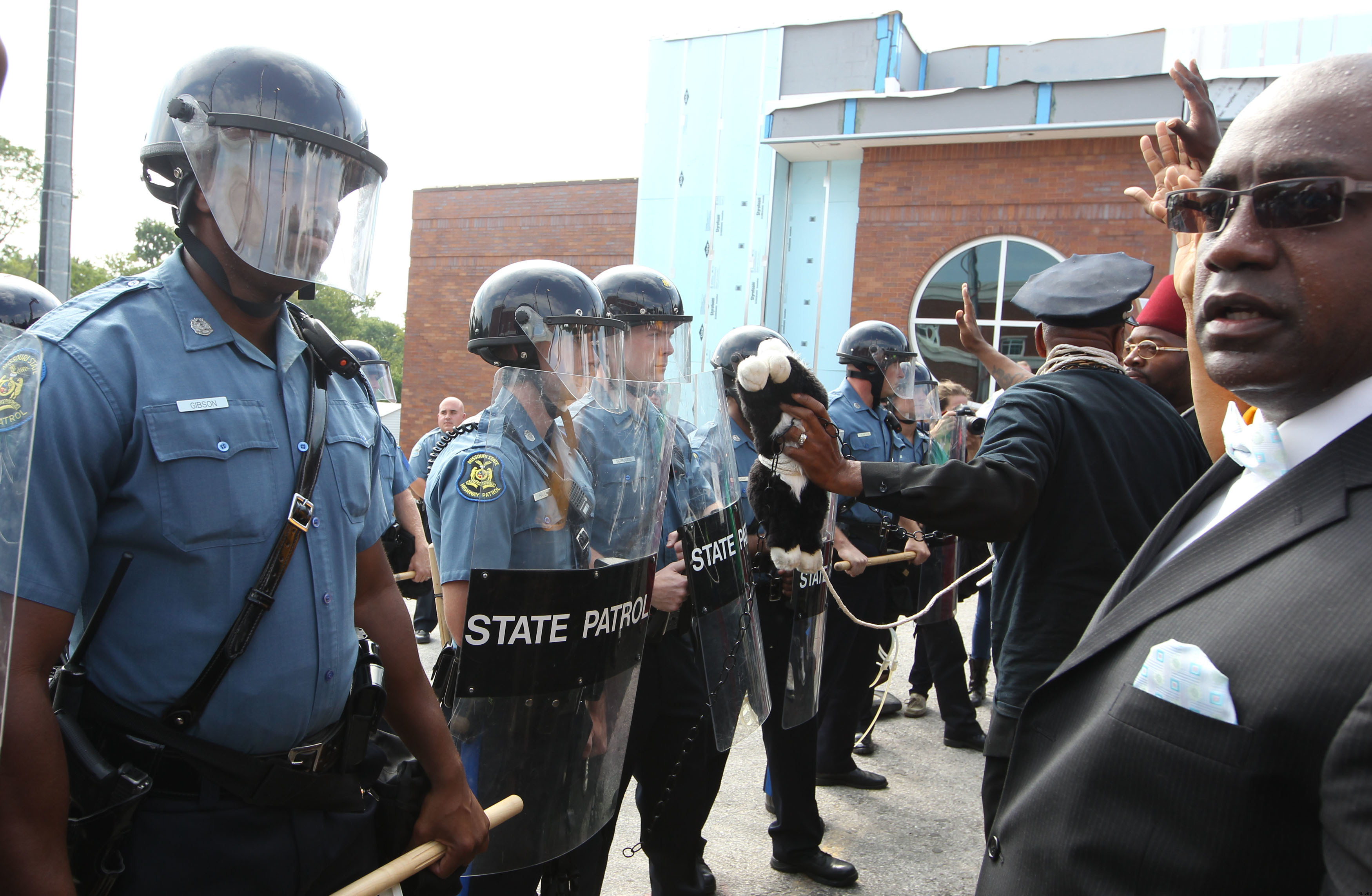
by Jazmine Ulloa via latimes.com
California Gov. Jerry Brown signed a landmark bill today to overhaul the state’s money-bail system, replacing it with one that grants judges greater power to decide who should remain incarcerated ahead of trial.
The two-year effort fulfills a pledge made by Brown last year when he stalled negotiations over the ambitious legislation, saying he would continue to work with lawmakers and the state’s top Supreme Court justice on the right approach to change the system. The new law puts California at the forefront of a national push to stop courts from imposing a heavy financial burden on defendants before they have faced a jury.
“Today, California reforms its bail system so that rich and poor alike are treated fairly,” he said in a statement.
Senate Bill 10 would virtually eliminate the payment of money as a condition of release. Under last-minute changes, judges would have greater power to decide which people are a danger to the community and should be held without any possibility of release in a practice known as “preventive detention.”
Top state officials, judges, probation officers and other proponents of the efforts lauded the new law. Co-authors Sen. Bob Hertzberg (D-Van Nuys) and Assemblyman Rob Bonta (D-Alameda) called it a transformative day for criminal justice, and a shift away from a pretrial system based on wealth to one focused on public safety.
Chief Justice Tani Cantil-Sakauye, who helped craft the legislation through the formation of a judicial task force that spent a year studying the issue, described a three-branch solution to address a money-bail system that “was outdated, unsafe and unfair.”
“A person’s checking account balance should never determine how they are treated under the law,” Lt. Gov. Gavin Newsom said in a statement.
But the historic passage of the bill has been bittersweet for lawmakers, as opponents — including some of the bill’s most ardent former supporters — argued the final version of the legislation would allow judges to incarcerate more people based on subjective criteria, and did not include enough oversight over risk-assessment tools found to be biased against communities of color.
“No one should be in jail because they are too poor to afford bail, but neither should they be torn apart from their family because of unjust preventative detention,” said a statement from American Civil Liberties Union directors Abdi Soltani in Northern California, Hector Villagra in Southern California and Norma Chávez Peterson, representing San Diego and Imperial counties.
California’s bail system has long been ripe for reform, both Democrats and Republicans agreed. Under the current system, bail is set according to a list of fixed fees that depend on the gravity of the crime and often vary widely by county.
Offenders are required to post the amount upfront, or pay a 10% fee — like a down payment — to a bond company before they are released on bail. Those who can’t afford the fee can remain incarcerated up to an additional 48 hours, or longer on weekends or holidays, before they are formally charged and arraigned.






 Actress and comedian Sasheer Zamata, known for her breakout role on the cast of Saturday Night Live, will partner with the American Civil Liberties Union to support women’s rights. She joins the ACLU as a celebrity ambassador on the heels of her recent promotion to repertory player for SNL’s 41st season, her third season with the show.
Actress and comedian Sasheer Zamata, known for her breakout role on the cast of Saturday Night Live, will partner with the American Civil Liberties Union to support women’s rights. She joins the ACLU as a celebrity ambassador on the heels of her recent promotion to repertory player for SNL’s 41st season, her third season with the show.
 More than $1 million raised through private donations will help pay for the cameras, thus avoiding City Hall budget constraints.
More than $1 million raised through private donations will help pay for the cameras, thus avoiding City Hall budget constraints.